Israel identified the first two women released on Thursday as Mia Schem, 21, who was among those arrested at a music event attacked by Hamas militants on October 7, and Amit Soussana, 40.
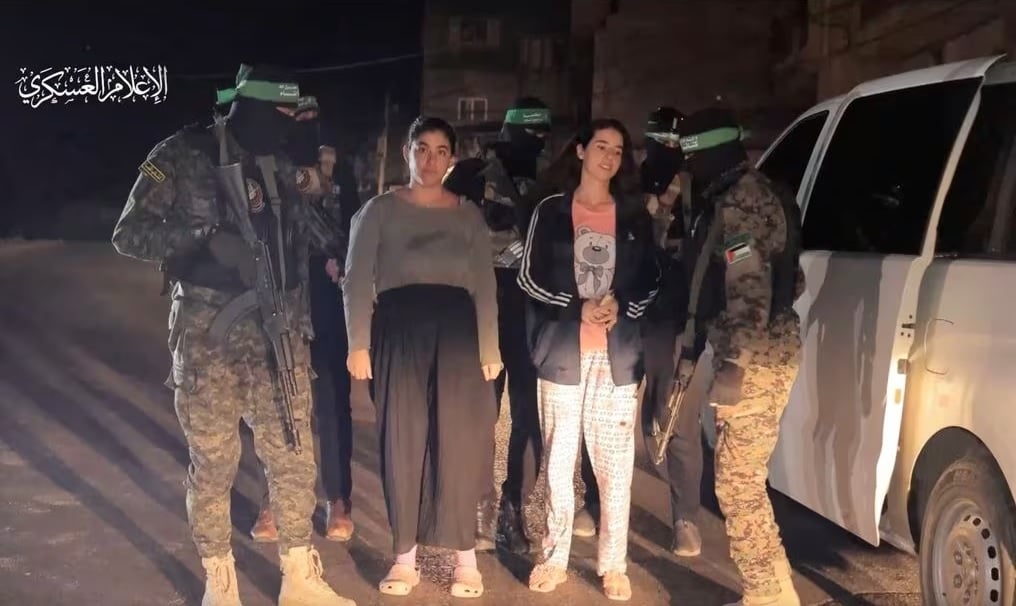
Hostages are handed over to the International Committee of the Red Cross by Hamas gunmen at an unknown location in the Gaza Strip on November 30, 2023. Photo: Hamas Armed Wing
Photos released by the Israeli prime minister's office showed Schem, who also holds French nationality, hugging his mother and brother after they were reunited at the Hatzerim military base in Israel.
The Israeli military said the Palestinian militant group Hamas later freed six more hostages and handed them over to the Red Cross. Officially, four were women aged between 29 and 41, including one who had dual Mexican and Israeli citizenship.
The other two hostages are a brother and sister, Belal and Aisha al-Ziadna, aged 18 and 17, respectively, according to the Israeli prime minister's office. They are Bedouin Arab citizens of Israel and were among four family members taken hostage while they were milking cows on a farm.
The Israeli Prison Service said 30 Palestinians were released from prison in exchange for the eight hostages.
Although Israel has demanded that Hamas release 10 hostages daily to continue the Qatar-brokered ceasefire, a Qatari foreign ministry spokesman said no more hostages would be freed on Thursday beyond the eight.
A Qatari spokesman said Israeli officials accepted eight hostages instead of 10 because Hamas released two more on Wednesday. They were Russian-Israeli women whose release was described by Hamas as a gesture of goodwill toward Russia.
Egypt's official state media said Israel and Hamas had agreed to add a seventh day of humanitarian ceasefire on Thursday, while Egyptian and Qatari mediators were trying to negotiate a two-day extension.
The ceasefire has allowed some humanitarian aid to enter Gaza. The Israeli Defense Ministry and the Palestinian Red Crescent Society said more fuel and 56 trucks carrying humanitarian supplies entered Gaza on Thursday.
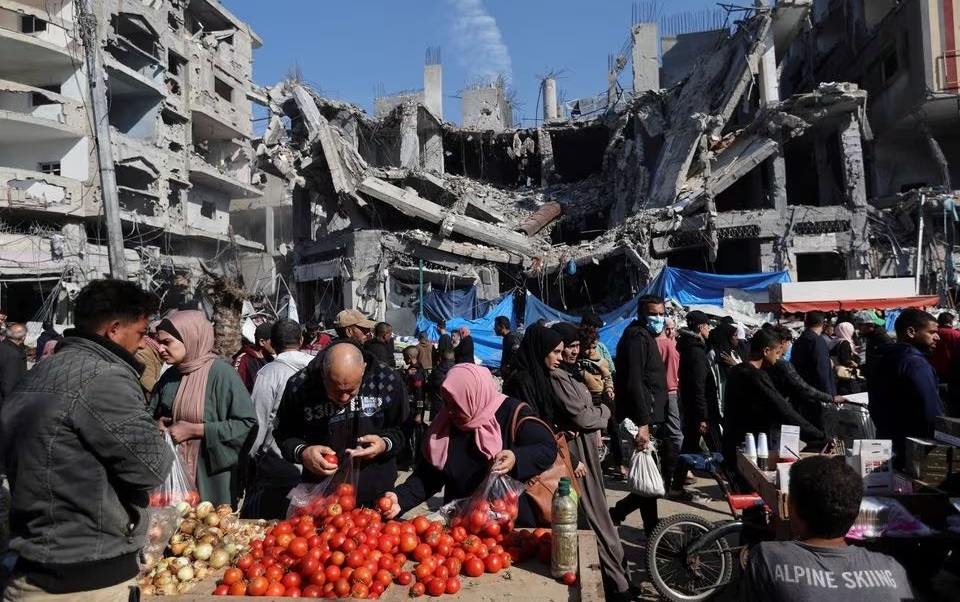
A Palestinian market lies next to rubble in Gaza. Photo: Reuters
But aid workers say deliveries of food, water, medical supplies and fuel remain far below what is needed. At an emergency meeting in Amman, Jordan’s King Abdullah on Thursday called on United Nations officials and international groups to pressure Israel to allow more aid into the besieged enclave.
US Secretary of State Antony Blinken, in Israel on his third visit to the Middle East since the war began, agreed that the flow of aid into Gaza was insufficient.
Mr Blinken said he had told Prime Minister Benjamin Netanyahu that Israel must do more to protect civilians from any further military action, and that Netanyahu and his cabinet had supported that approach.
"Israel has... one of the most sophisticated militaries in the world. It has the ability to neutralize the threat posed by Hamas while minimizing harm to innocent men, women and children. And it has an obligation to do so," Blinken told reporters in Tel Aviv.
Hoang Anh (according to Reuters, AP)
Source



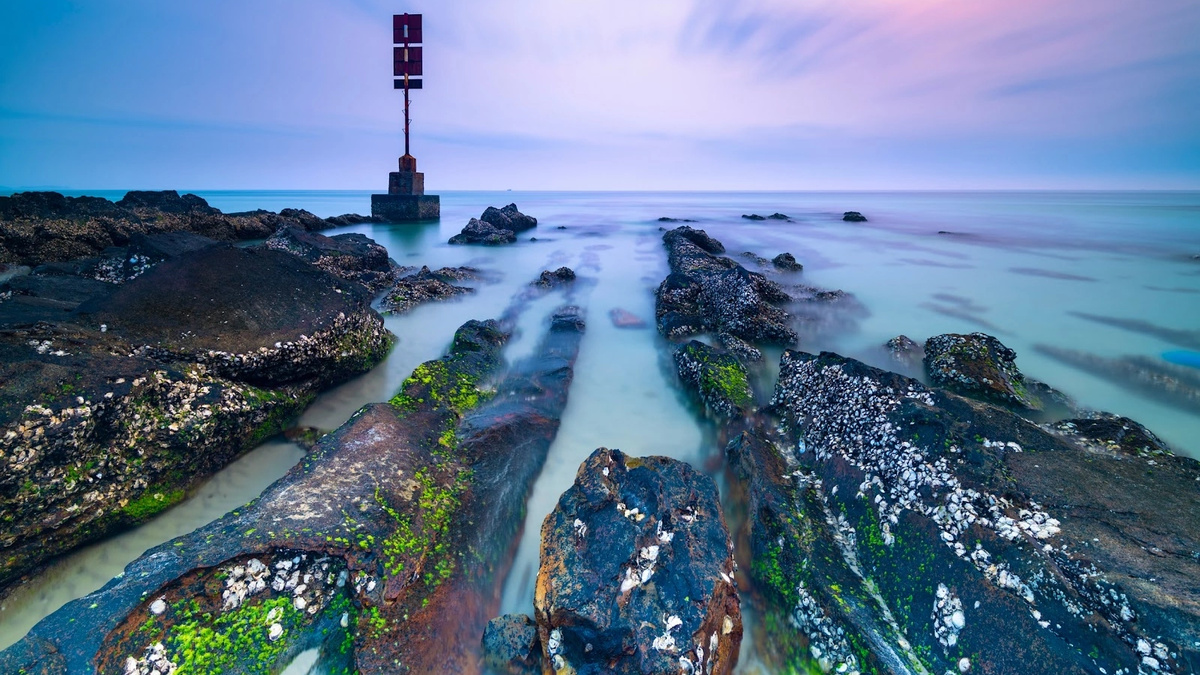
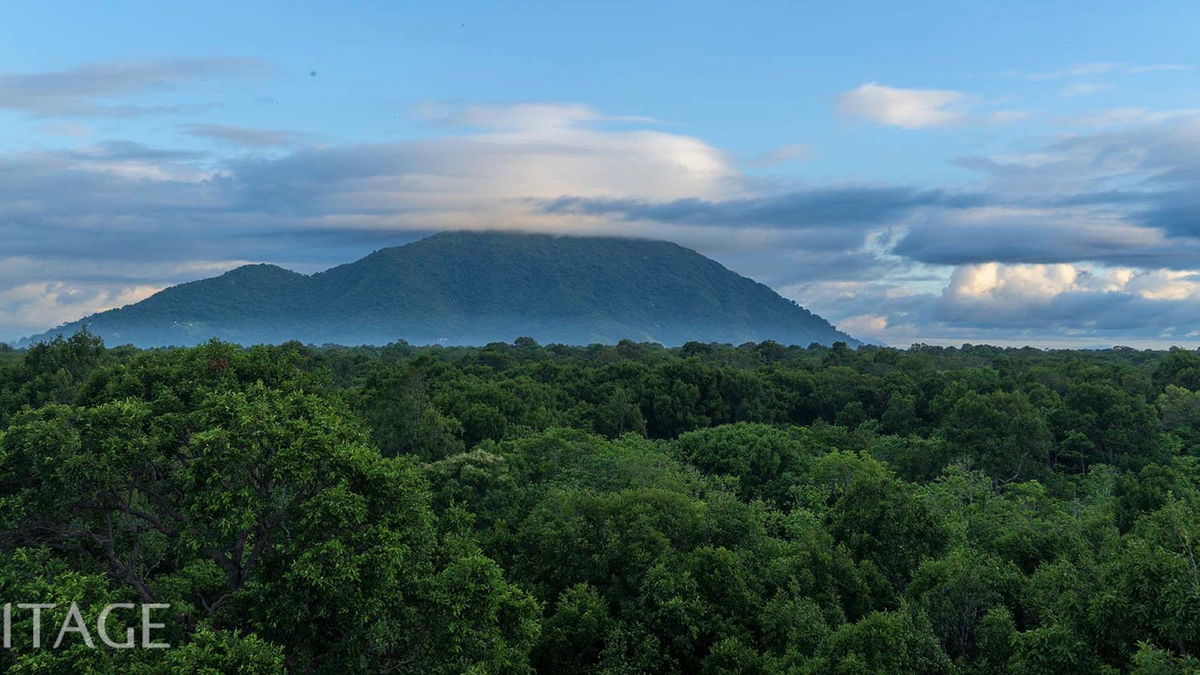
![[Photo] Thousands of Buddhists wait to worship Buddha's relics in Binh Chanh district](https://vphoto.vietnam.vn/thumb/1200x675/vietnam/resource/IMAGE/2025/5/3/e25a3fc76a6b41a5ac5ddb93627f4a7a)

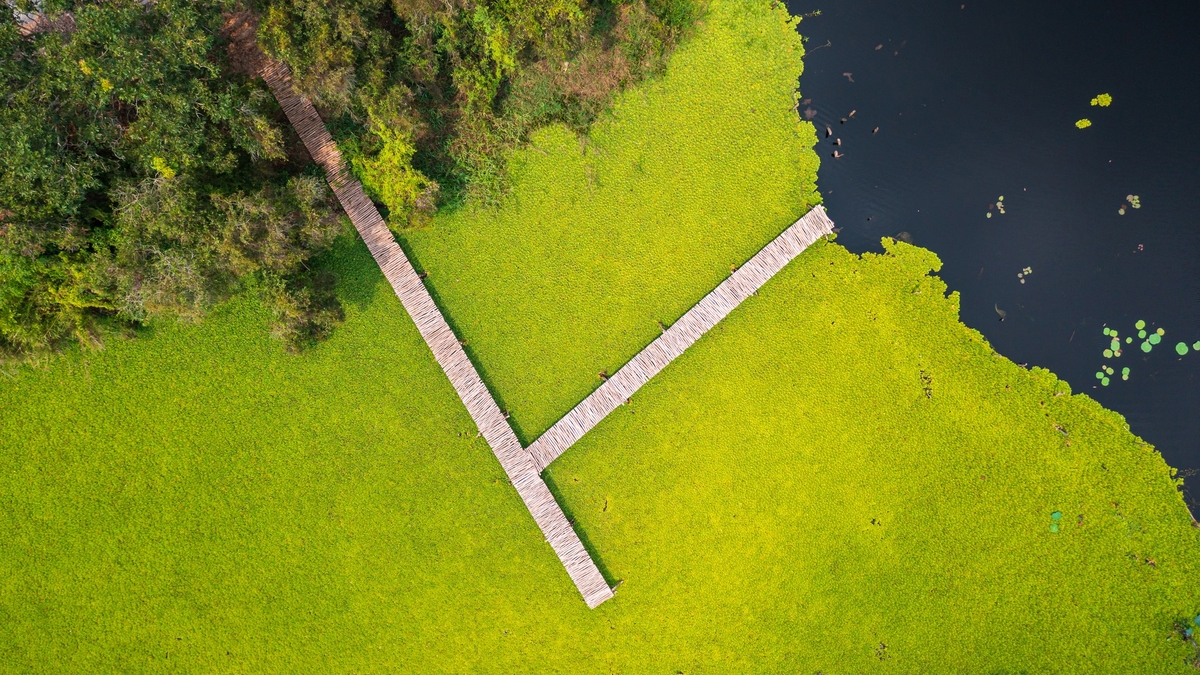

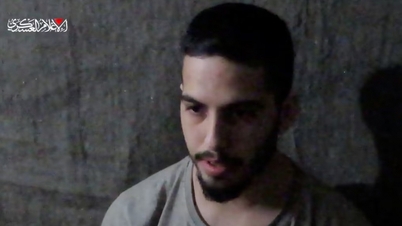
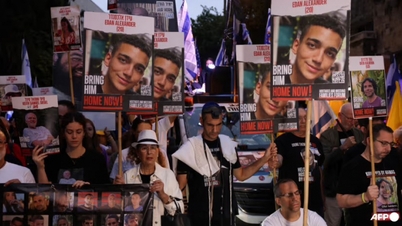

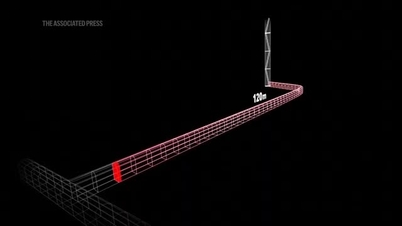
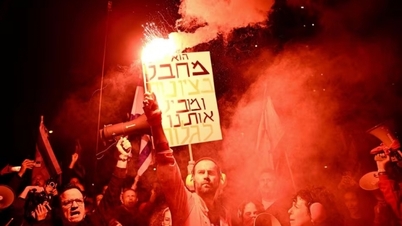
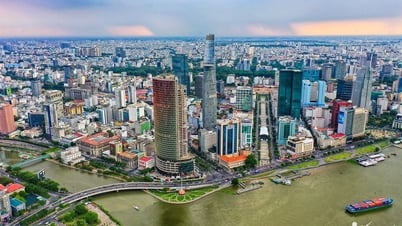
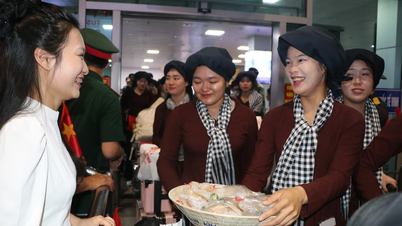























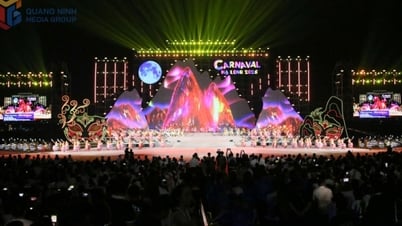





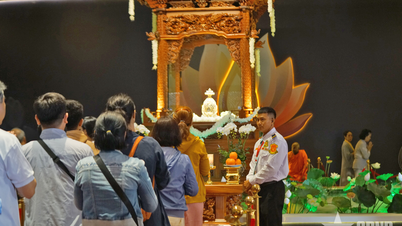

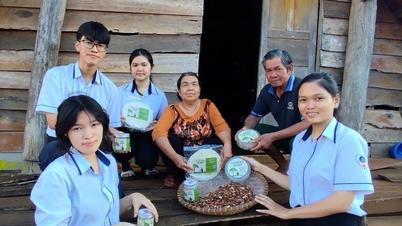
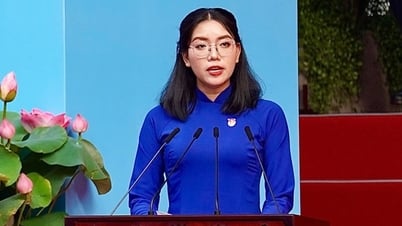

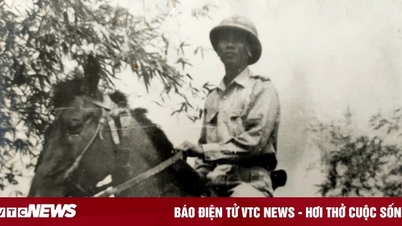









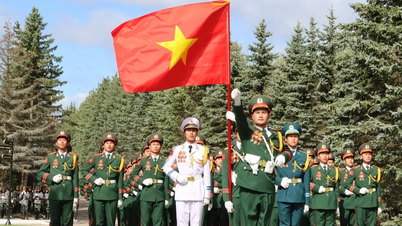

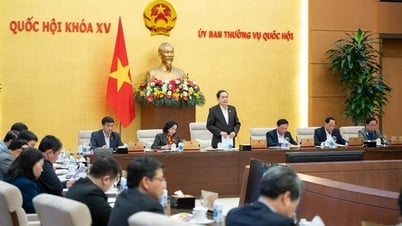


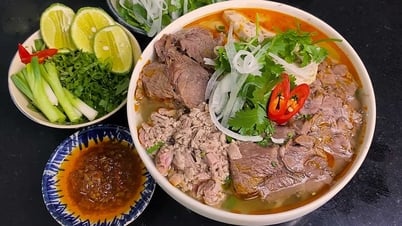
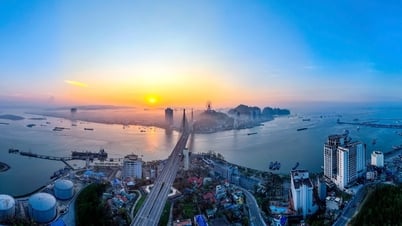

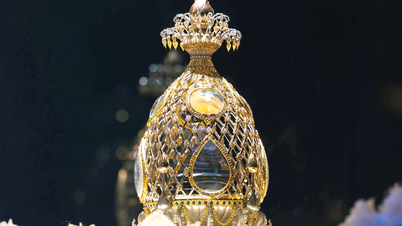









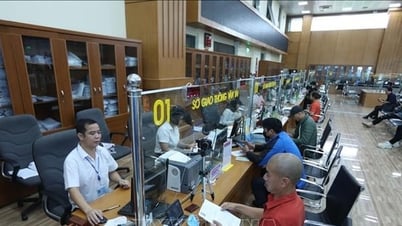

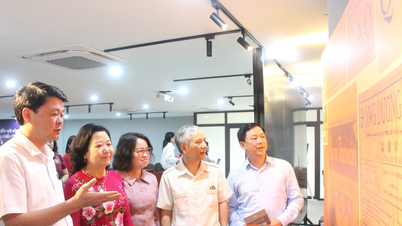

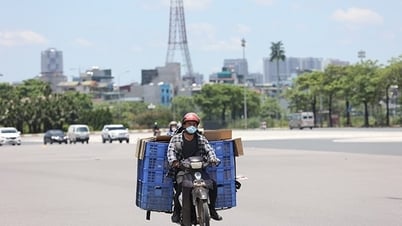





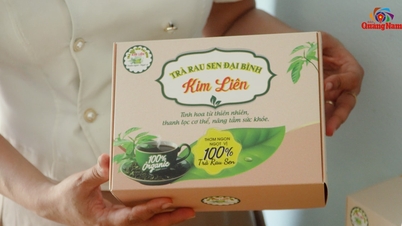








Comment (0)